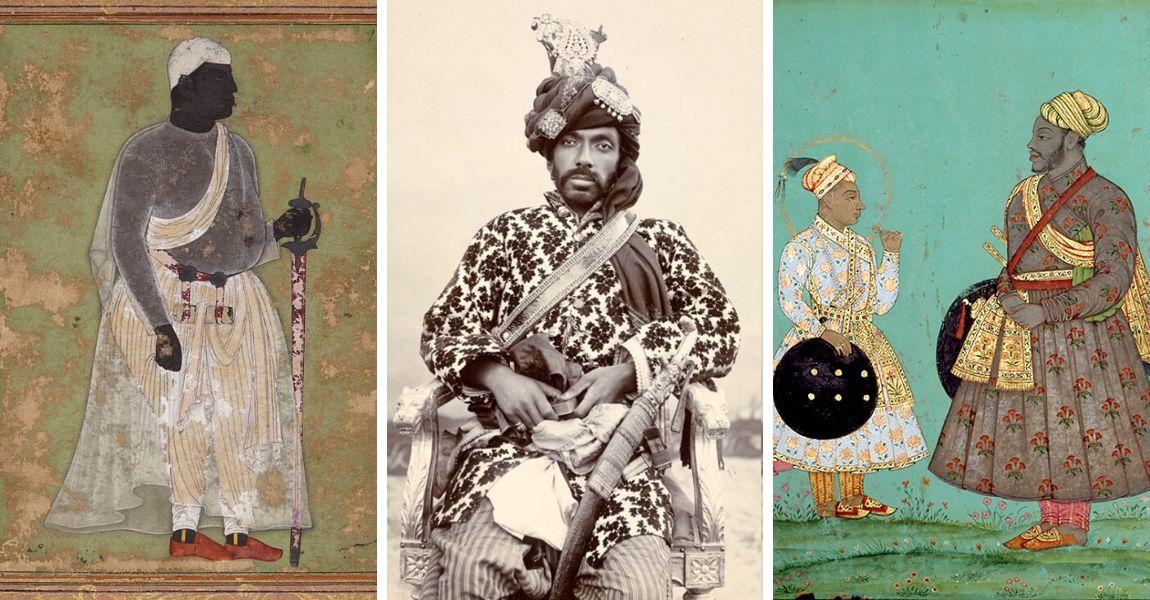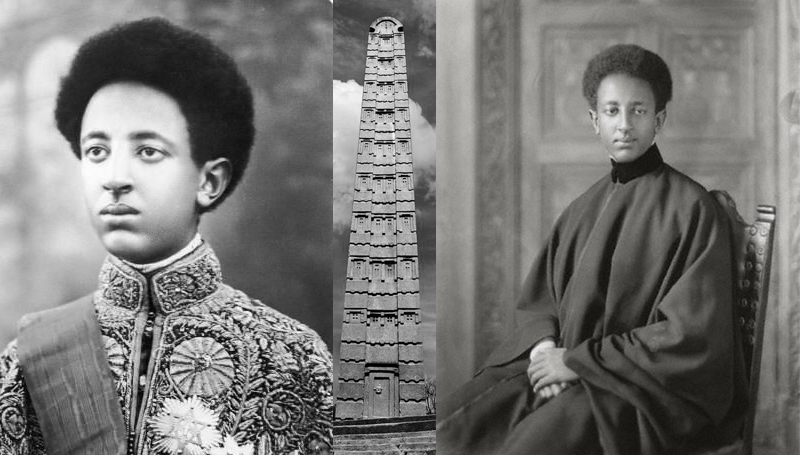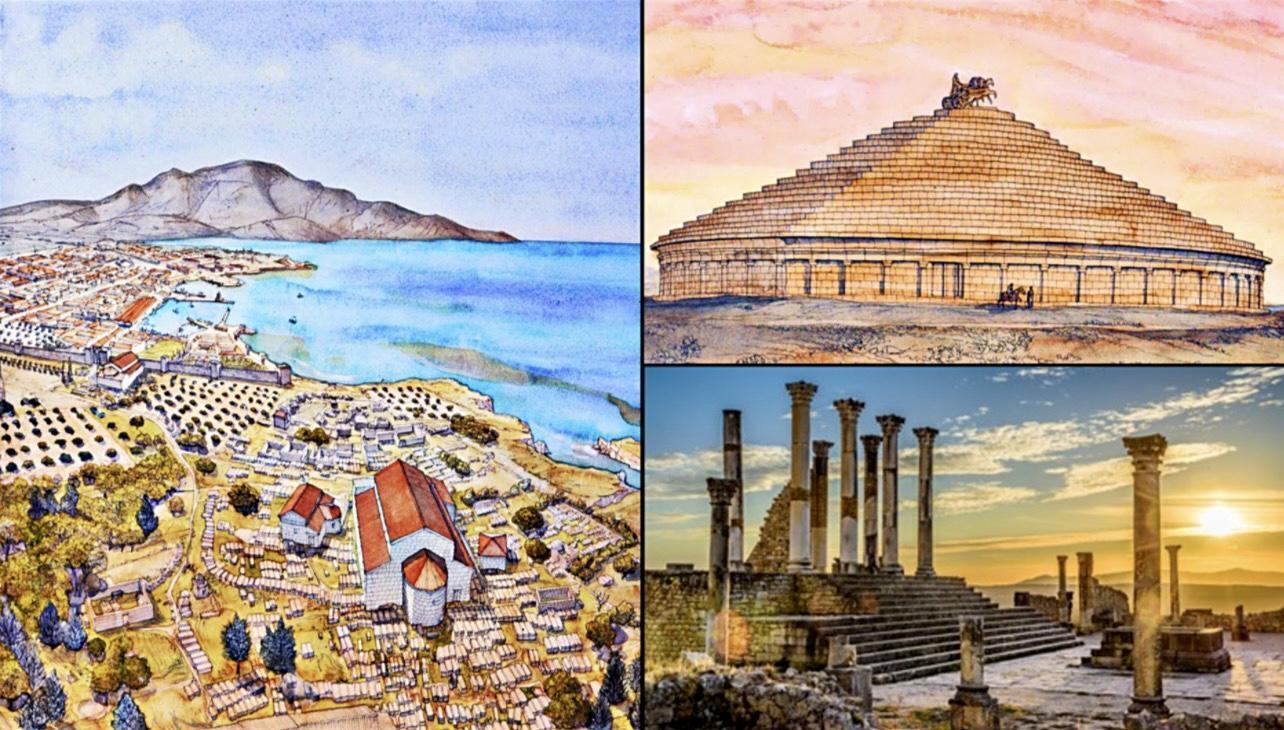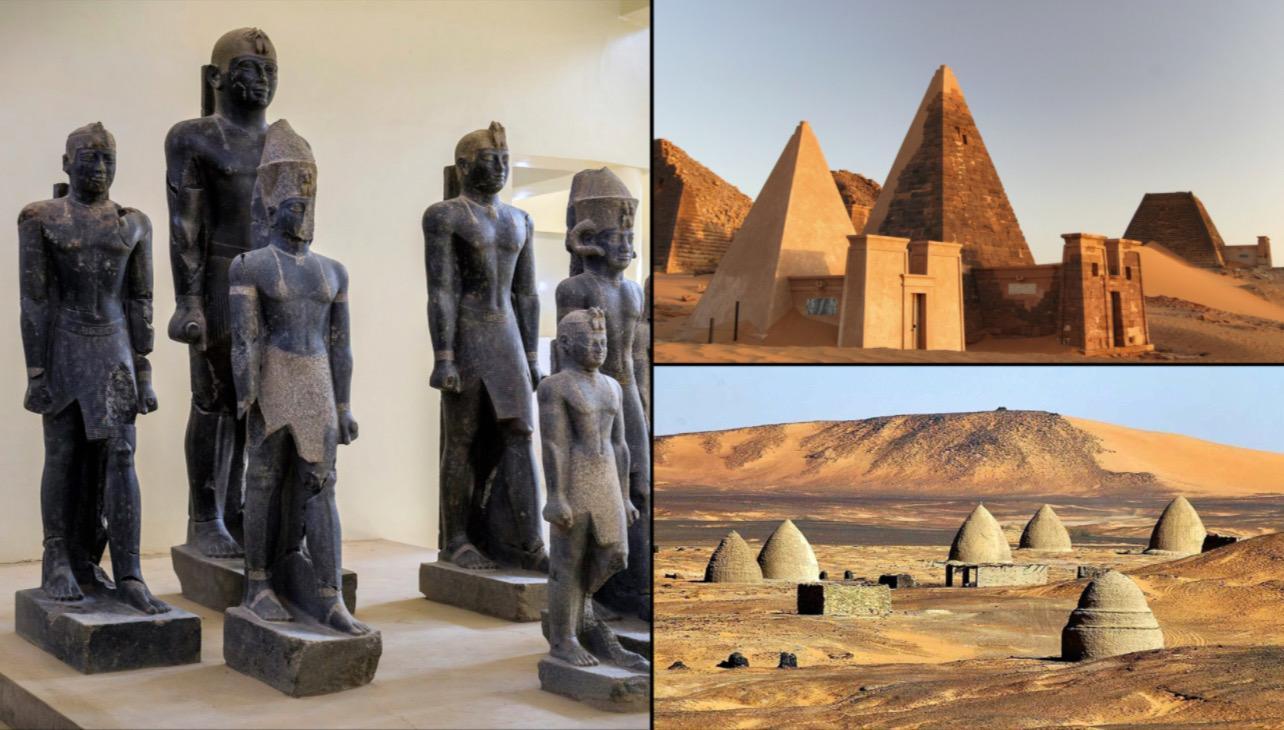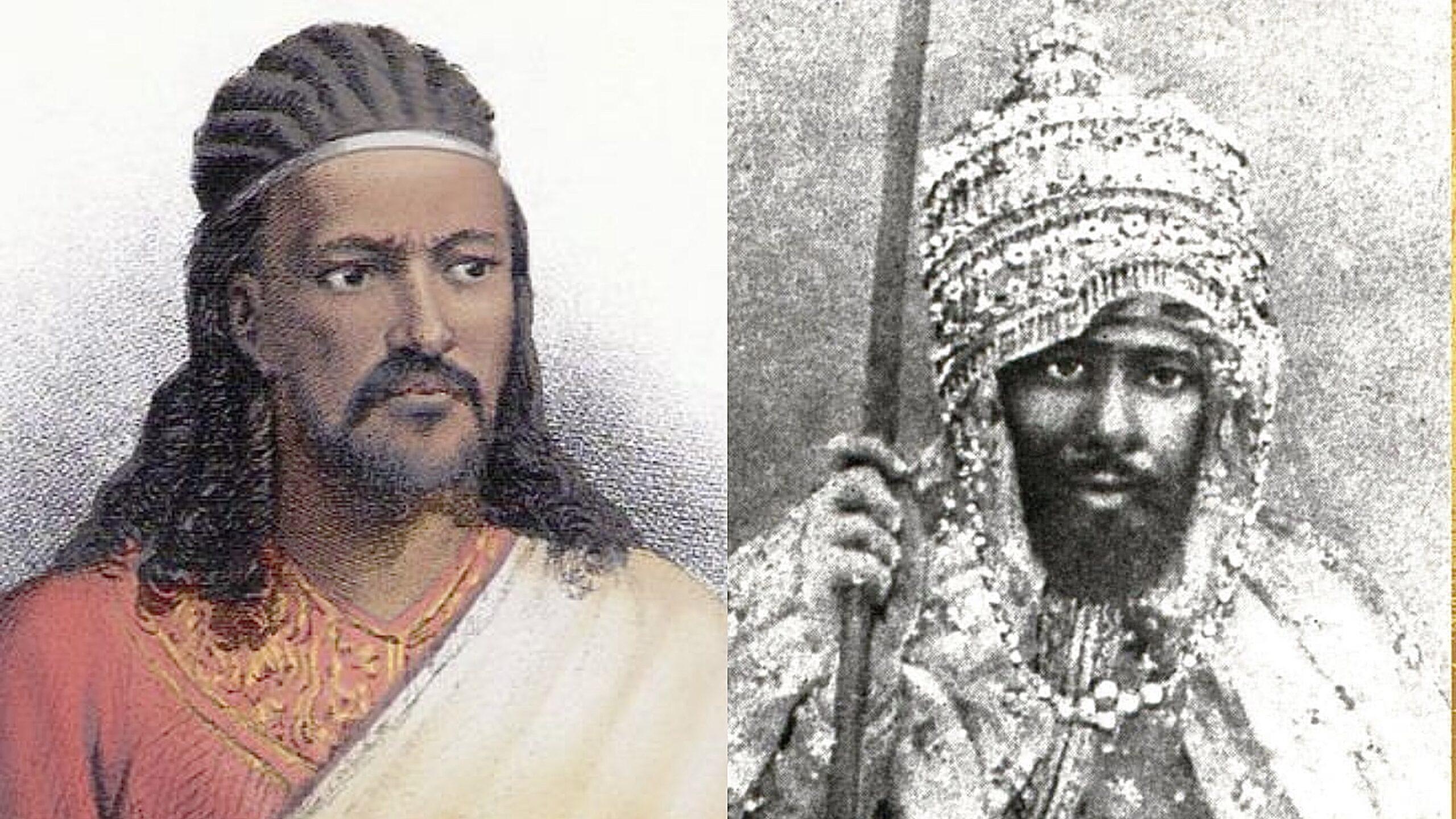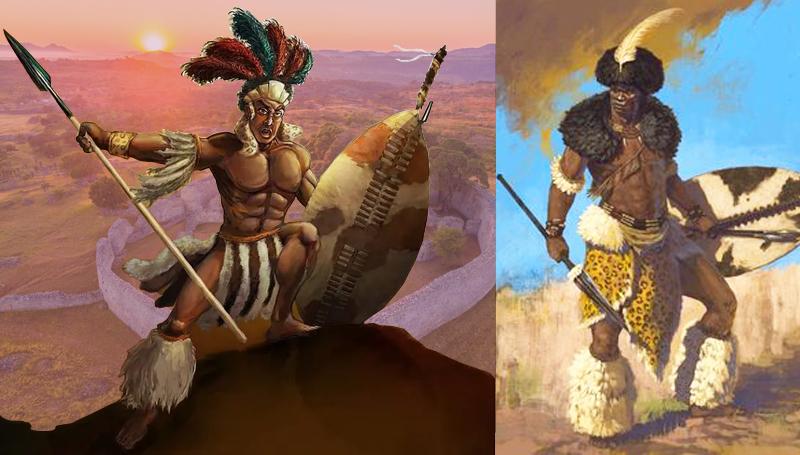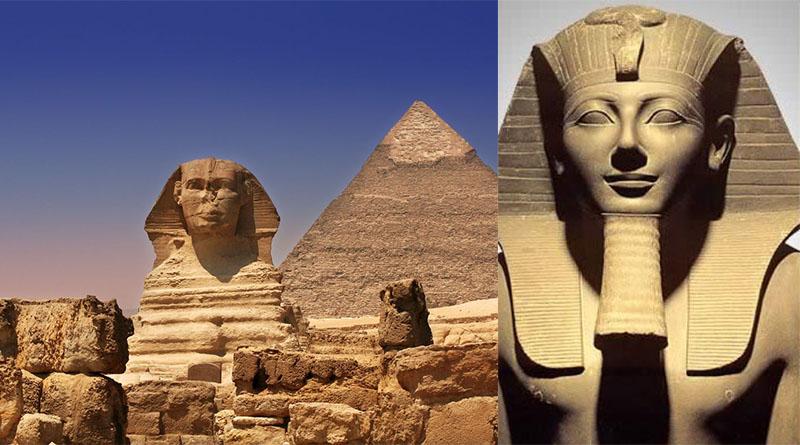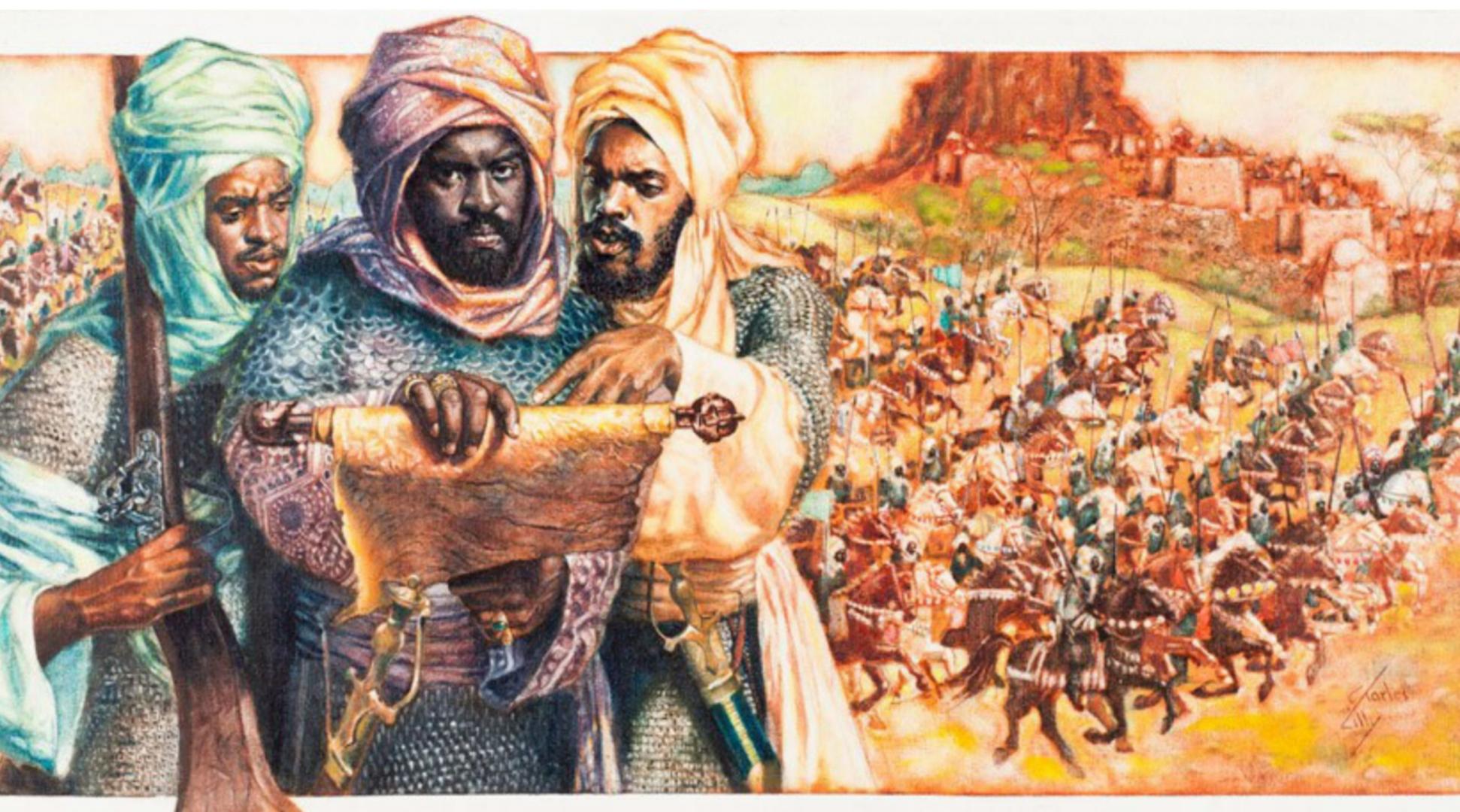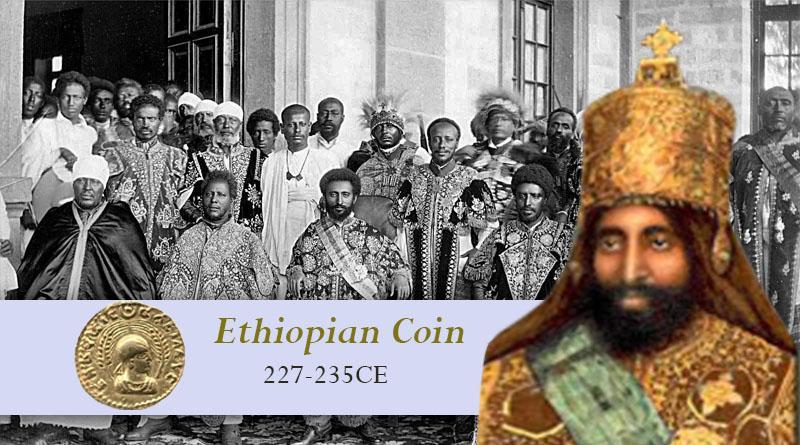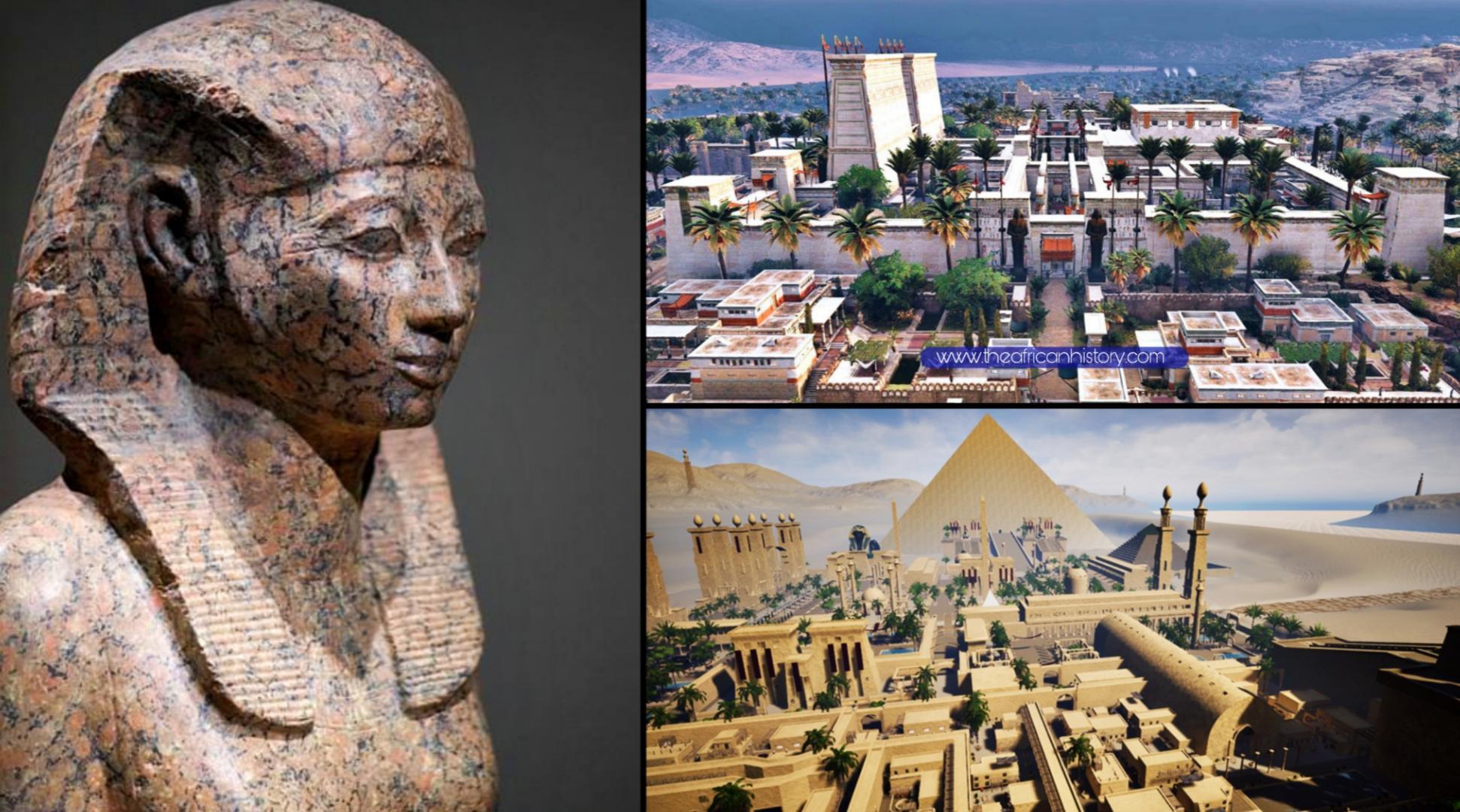More than a thousand years before the foundations of Greece and Rome, proud and industrious Black men and women known as the Dravidian erected a powerful civilization in the Indus Valley. From those origins, African Kings in India drove the region’s commerce, culture, and belief systems. Dr. Clyde Winters, author of Afrocentrism: Myth or Science? writes: “Ethiopians have had very …
Read More »Empire
Amha Selassie, the last Emperor of Ethiopia
According to historians, he was proclaimed Emperor of Ethiopia three times. While in exile, the first occurred in 1960, the second in 1975, and the third in 1989. Amha Selassie was born Asfaw Wossen Tafari in Harar, Ethiopia, in August 1916, to Dejazmach Tafari Makonnen (later Emperor Haile Selassie) and his wife, Menen Asfaw. He is regarded as Ethiopia’s final …
Read More »Kingdom of Mauretania, presen-day Algeria & Morocco. Influenced Roman Empire [225 BC]
The Kingdom of Mauretania was founded in the third century BC, approximately 225 BC. According to modern ethnic taxonomies, its inhabitants are of Berber descent, and it is today located in the western region of Algeria and Northern Morocco. Formation Mauretania was a kingdom ruled by the Mauri Peoples, who would go on to become famous in history. The Phoenicians …
Read More »Kingdom of Kerma – Ancient Sudan [over 5500 years ago]
Kerma, also known as Karmah, is a historically significant archaeological site. It is the old capital of Kerma, an ancient country located in the Dongola Reach (above the 3rd Cataract of the River Nile in Sudan). All of these legends date back over 5500 years. Kerma is one of the most important archaeological sites in ancient Nubia (ancient region in …
Read More »Yohannes IV: An extraordinary military leader & Emperor of Ethiopia [1872–1889]
Yohannes IV, a nobleman by birth, a cleric by education, a zealot by faith, moralist by tendency, a monk by practice, a nationalist by policy, and a soldier and emperor by profession His birth name was Kahsai Mrcha. He was born on July 12 1837 at Mai Beha Tembien. His father was Shum Tembien Mircha Woldekidan of Tembien. Mircha’s mother Woyzero …
Read More »Changamire I: Warrior King who founded Rozvi Empire (1684–1866) in Zimbabwe
The Rozvi Empire (1684–1866) was a Shona state established on the Zimbabwean Plateau by Changamire Dombo. The term “Rozvi” comes from the Shona word “kurozva,” which means “to plunder.” It refers to their history as a warrior nation. Origins Following the death of King Matope, Dombo or Changa relocated to the south and established the Rozwi Kingdom. In establishing the …
Read More »Pharaoh Menes: first King of Ancient Egypt – 5200 years ago
Menes (c. 3200–3000 BC) was a pharaoh of ancient Egypt during the Early Dynastic Period. He is recognized by classical tradition with uniting Upper and Lower Egypt and establishing of the First Dynasty. Although conventional Egyptological consensus links Menes to the Naqada III monarch Narmer First Dynasty pharaoh Hor-Aha, the identity of Menes remains a point of contention. Various authorities …
Read More »Empire of Kanem-Bornu first in central Sudanic to acquire iron technology & horses
The Kanem-Bornu Empire (ca. 9th century- 1900) was a large African state that extended a region that today includes the modern-day countries of Niger, Chad, Cameroon, and Nigeria. It continued to exist from the 9th century to the end of the nineteenth century. The Zaghawa nomadic people formed the empire, and they are said to be the first in central …
Read More »Ethiopia minted its own coins over 1,500 years ago
The Aksumite currency was created and used in the Kingdom of Aksum (or Axum), which was located in modern-day Eritrea and Ethiopia. Its mintages were issued and circulated from King Endubis’ reign about AD 270 to the first half of the seventh century, when it began to collapse. Mogadishu currency, issued by the Sultanate of Mogadishu, was the most extensively …
Read More »Hatshepsut, Ancient Egyptian brave Queen Warroir who ruled as a Pharaoh in 1478 BC
Hatshepsut was the fifth pharaoh of the Eighteenth Dynasty of Egypt. She was the second historically confirmed female pharaoh, the first being Sobekneferu. Hatshepsut came to the throne of Egypt in 1478 BC. Hatshepsut was only the second woman to become pharaoh in Egypt’s 3,000-year history, and the first to hold the entire power of the position. Cleopatra, who had similar …
Read More » The African History Truly African
The African History Truly African

